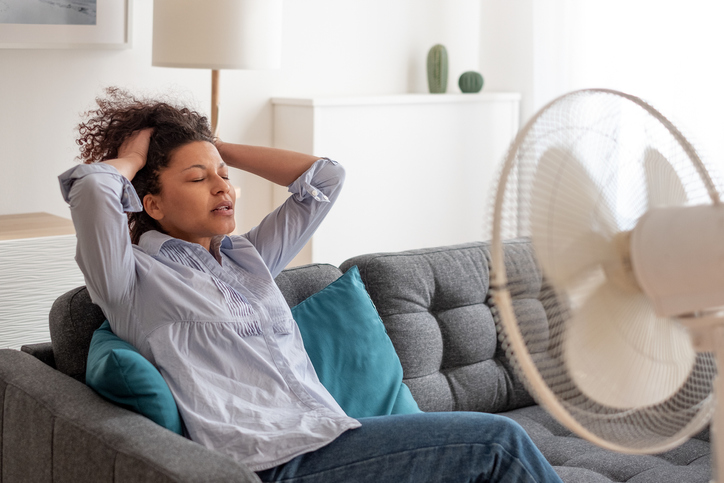
5 Common Energy Myths Debunked
Many people believe these five heating and cooling myths, but we’re setting the record straight! Whenever you need professional AC services or emergency AC repairs, call the HVAC technicians at LIBERTYAIR Air Conditioning & Heating. Our AC company has helped keep hundreds of homes and businesses cool across North Central Florida, and we can help you too!
As part of an energy-efficient home, regular HVAC maintenance can ensure your system is running at its best. Contact our HVAC company today to find out more or schedule AC services.
Closing Vents Saves Money
Many people assume closing a vent in an unused room will divert the air away from that room to other rooms with open vents, essentially saving on the cost of cooling. However, this is unfortunately not true. Closing vents can create pressure in air ducts, creating cracks and fissures, allowing cool air to escape, resulting in higher cooling costs. Additionally, limiting airflow to any room can result in higher humidity, mold and mildew growth, and poor indoor air quality.
Ceiling Fans Can Cool A Room
While a fan can provide cooling benefits to people, the fan isn’t lowering the temperature of a space. A fan helps cool people by increasing airflow, drying up sweat (the body’s natural cooling system). When leaving fans on in an unoccupied room, the fan will provide no additional cooling. In fact, the heat from the fan motor may end up adding some heat.
Ceiling Fans Only Help In The Summer
Many people only use fans in the heat of summer, but there are benefits of using a fan during the winter. As we stated, fans don’t make a space cooler; they control airflow. As a general rule, colder air is denser and will “fall” closer to the floor, pushing hotter, less dense air upwards. Setting a ceiling fan to rotate in the proper direction for the season can help. In the summer, set the fan to spin counterclockwise to pull heat up to make the living area cooler. In the winter, set the fan to spin clockwise to help push heat down, keeping the living space warmer. Because direct airflow can make us feel cooler, be sure to run the fan on low in the winter.
A Bigger AC Performs Better
When it comes to HVAC systems, bigger doesn’t mean better. Instead, we can take a page out of the Goldilocks story and should find one that’s “just right.” An AC unit too large for a space will constantly be overheating or overcooling a space and turning off and on more frequently. This causes excess wear and tear on the system, resulting in more AC repairs and higher utility bills. If you believe your AC is too big or too small to correctly heat or cool your space, consider installing a new AC to save money in the long run.
Setting Your Thermostat Up Doesn’t Save Money
Many people believe they can keep their thermostat on low all day during the summer months and won’t impact their utility bills. After all, how much can a few extra degrees cost anyways? Turns out: a lot. Ensuring your thermostat is calibrated and set as close as safely and comfortably possible to the outside temperature can save you hundreds of dollars every year on energy consumption. That’s because the AC won’t have to work as hard to combat the ambient temperature. The ideal temperature is usually around 78° during the day while you’re at home and 83° while you’re away. These small adjustments can save you big money!